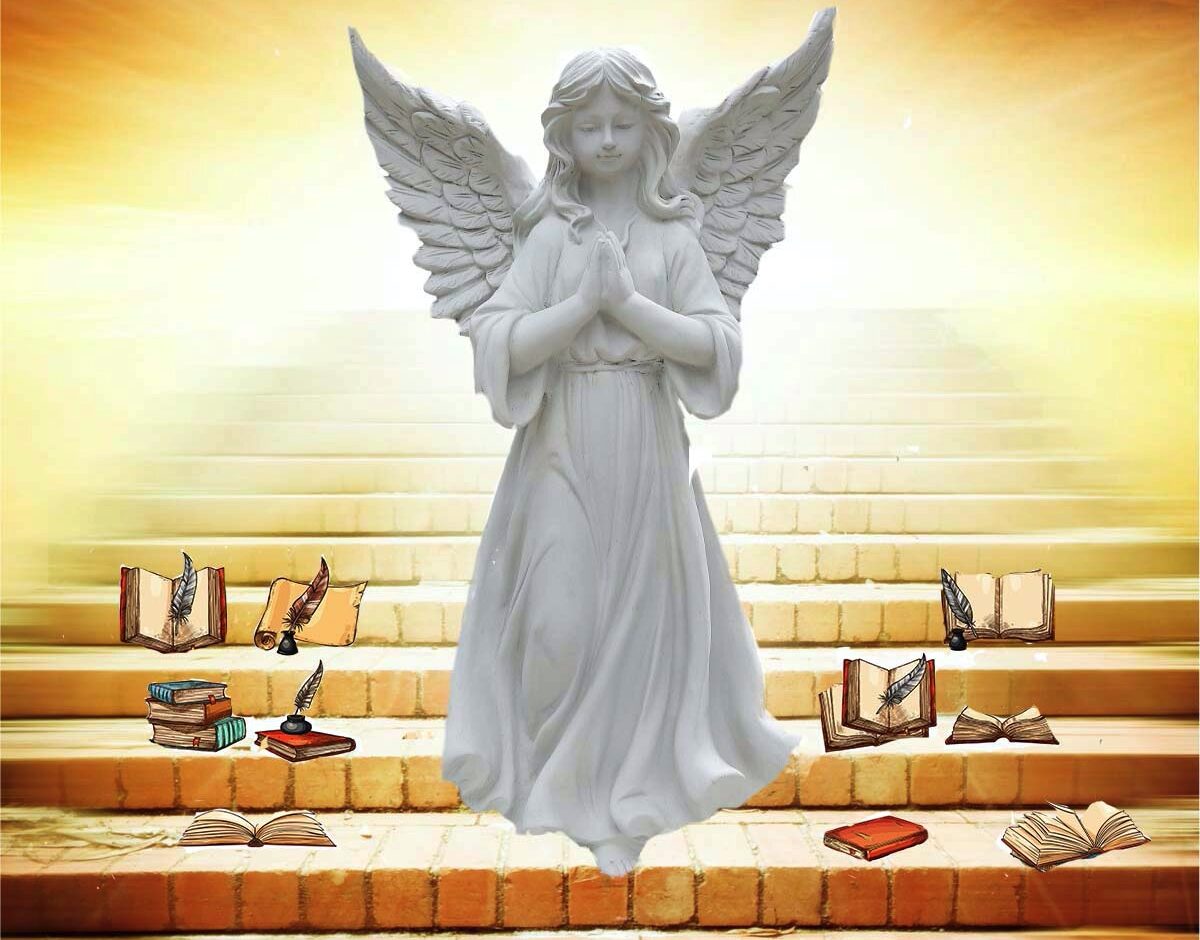From Let us Dream by Pope Francis.
The book is in 3 parts: A Time to See, A Time to Choose, A Time to Act. Following is an excerpt from A Time to Choose.
“Between the first step, which is to come close and allow yourself to be struck by what you see, and the third step, which is to act concretely to heal and repair, there is an essential intermediate stage: to discern, and to choose. A time of trial is always a time of distinguishing the paths of the good that lead to the future from other paths that lead nowhere or backward. With clarity, we can better choose the first.
For this second step, we need not just openness to reality but a robust set of criteria to guide us: knowing we are loved by God, called to be a people in service and solidarity. We need too, a healthy capacity for silent reflection, places of refuge from the tyranny of the urgent. Most of all, we need prayer, to hear the prompts of the Spirit and cultivate dialogue in a community that can hold us and allow us to dream. Thus armed, we can read right the signs of the times and opt for a way that does us all good.
Gauchos in Argentina and cowboys in the United States have the same piece of advice: “Don’t change horses in midstream.” In times of trial you need to be firm in faith, to stay faithful to what matters. A crisis is almost always the result of a self-forgetting, and the way forward comes through recalling our roots.
This is a time to recover values, in the proper sense of the word: to return to what is authentically worthwhile. The value of life, of nature, of the dignity of the person, of work, of relationship – all these are values key to human life, which cannot be traded away or sacrificed. It amazes me when I hear people talk of “non-negotiable values.” All true values, human values, are non-negotiable. Can I say which of the fingers on my hand has more value than the others? If it is of value, it has a value that cannot be negotiated.”
…
“… Discernment means to think through our decisions and actions, not just by rational calculation but by listening for His Spirit, recognizing in prayer God’s motives, invitations, and will. There is a principle worth remembering in these times: ideas are debated, but reality is discerned.
This is a difficult thing for those of a more impatient disposition, who believe that to every problem there must be a technical solution, as if it were merely a question of finding the right switch. Many religious people, too, struggle with discernment, especially those who are allergic to uncertainty and want to reduce everything to black and white. And it is quite impossible for ideologues, fundamentalists, and anyone else who is held back by a rigid mindset. But discernment is vital if we want to create a better future.” (51-52, 54)
…


